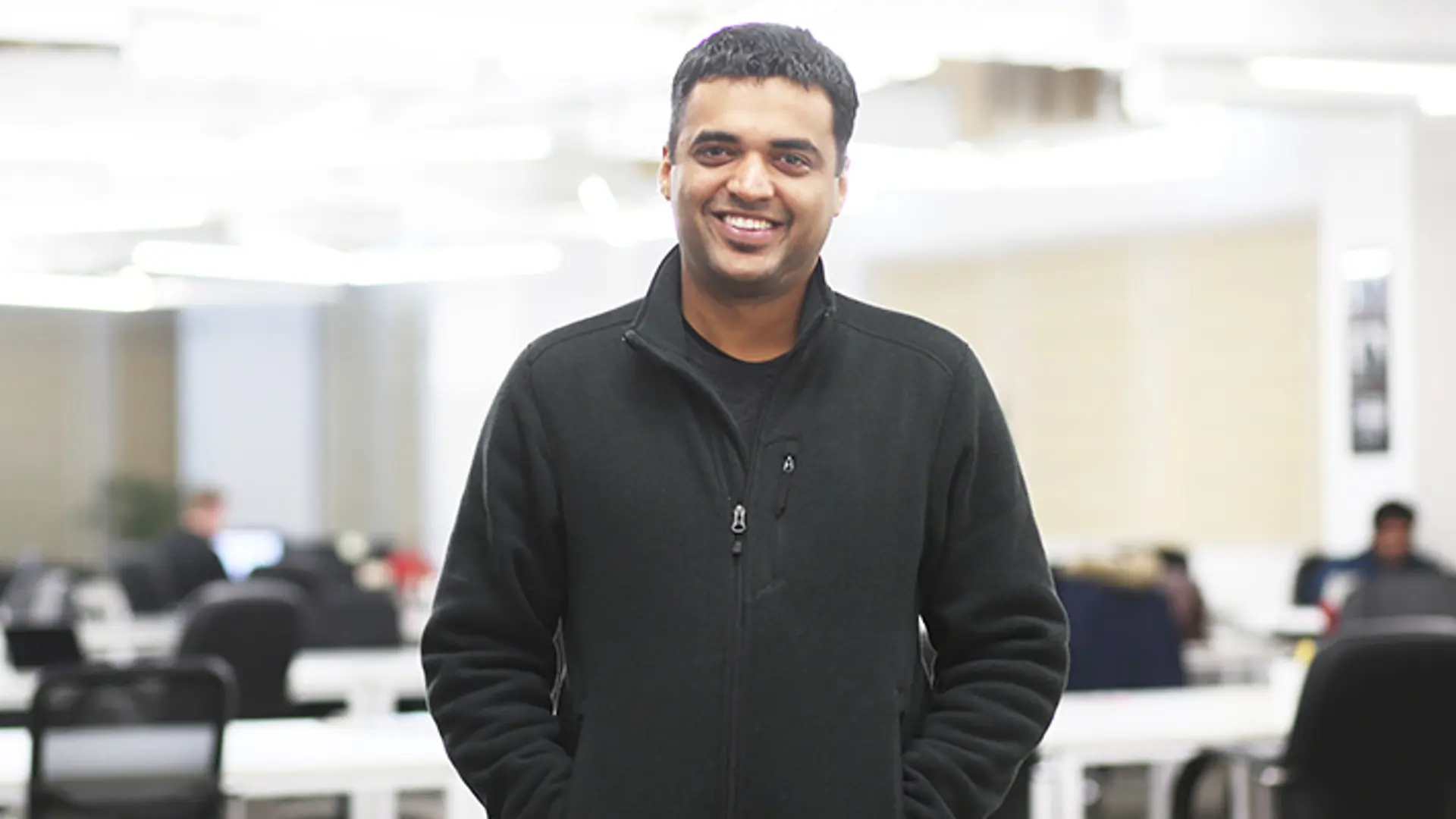Manthan South Asia Awards: innovators recognised for digital excellence

The 10th annual Manthan South Asia e-Content Awards and Conference wrapped up in New Delhi earlier this month with a new round of winners in 12 categories, and it was an honor for me to anchor the awards ceremony (though it was tricky to ask the winners to say how they felt in exactly one word!).
Four hundred and thirty nominations were received for the awards from across Asia, and 26 winners were selected after an online screening and roundtable voting by jurors. The conference also brought together dozens of startups, innovators, and social entrepreneurs, who exhibited their services, took part in panel discussions and competed for excellence awards (see Table 1).
Table 1: Manthan Awards 2013
The Manthan award network has grown over the last 10 years and now connects over 10,000 practitioners who use digital tools to touch the lives of people in a positive manner, according to Osama Manzar, founder of the Digital Empowerment Foundation. DEF also organises the mBillionth Award (see my coverage here), eNGO Challenge, Pearson Teaching Award, and Social Media & Empowerment Award.
A number of experts offered insights into ICT diffusion in India and its socio-economic impacts.
“The technologies of information and communication are now being used to accelerate sharing experiences and wisdom,” said Venki Nishtala, CTO, Rediff.com.
The mandate of the Indian government is to skill 500 million Indians by 2022, according to Mahesh Venkateswaran, principal for innovation and engagement at NSDC. This opens up a wide range of opportunities for entrepreneurs and educational institutes to harness online education, collaborative learning, and publishing.
“India is a vast country with unbound societal diversity. There are many innovations taking place in remote corners of the country, and need to come to the fore, be acknowledged and scaled up,” urged Ashis Sanyal, e-Governance & ICT4D consultant.
The internet today connects over two billion people globally, and its contribution to the global economy already amounts to about three per cent of the total world GDP, according to Rohit Adya, external affairs director of Vodafone India.
The Broadband Commission for Digital Development, established by the International Telecommunications Union (ITU) and UNESCO, has endorsed a range of targets for 2015, such as making broadband policy universal , and setting a broadband target of at least 40 per cent of homes in developing countries.
By the end of 2013, ITU predicts there will be 2.1 billion mobile broadband subscriptions, equivalent to one third of the total global stock of mobile cellular subscriptions, according to Amitabh Singhal, board member, Public Internet Registry.







